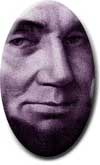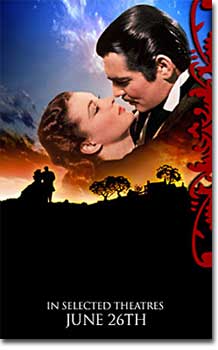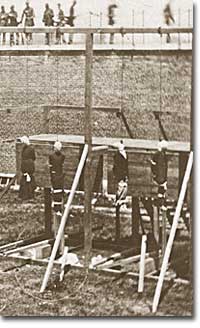
34. The War Behind the Lines

Modern wars are not confined to the battlefield. Americans in the North and South contributed to the war effort unlike civilians of any previous conflict. The political leaders in the Union and Confederacy each had battles of their own to wage. The Civil War would also require a complete revolution in the economies of both regions. The results of such changes would not only determine the outcome of the war, but would utterly transform the new nation politically, socially, and economically.
In the North, President Lincoln had been elected by a minority of voters in his first election and had to continually battle to win reelection. Copperheads, also known as "Peace" Democrats repeatedly thwarted the President's leadership initiatives. In the South, Jefferson Davis was in no easier position. How could a government formed on the basis of states' rights provide the strong, centralized leadership necessary to prevail in war? Davis constantly had to fight with individuals and state legislatures for the power he needed to run the Confederate government.

Oscar-winning film Gone With the Wind depicted a sometimes brutal, sometimes glorified view of the Southern homefront during the Civil War and Reconstruction.
One of the most important challenges for each leader was foreign relations. If the South could get Britain to support the Confederacy, then maybe, with the most powerful navy in the world, the British could break the Union blockade of Southern ports. This would provide the South with large markets for its cotton and perhaps a source of money large enough to finance the war. Lincoln's job, of course, was to prevent this at all costs. A great game of diplomacy was under way.
As the war progressed, a stark contrast between the two economies emerged. Both the North and the South experienced high rates of inflation, but the South's rate was 80 times greater than in the North. Labor shortages occurred on both sides, as did increasing class conflict between the wealthy and the poor. Since most of the battles in the Civil War took place in the South, great physical destruction was wrought throughout the region, causing mass poverty and despair.
The war also brought significant new roles for Northern and Southern women at home and at work as they replaced almost two million men going off to war. They plowed the fields and did jobs previously done only by the men. Through organization and sheer tenacity they broadened their influence on many problems facing society.

The conspirators in the assassination of President Abraham Lincoln were hanged on July 7, 1865. Mary Surratt, far left, was the first woman to be hanged by the United States government.
Men were military nurses before this time. It was not considered proper for women to tend to injured and dying men, assisting in operations and care. In fighting for this right, women earned respect and admiration of generals, politicians, and husbands. They would use this success to continue to enlarge their role in the evolving fabric of the nation.
The Civil War presents a struggle between two societies, not merely two armies. It showed how a predominantly industrial society could prevail over an agricultural one. It demonstrated like no previous war that the efforts of all individuals matter. Lastly, although he would not live to see the results, the handling of the Civil War is a testament to the wisdom, determination and leadership of Abraham Lincoln, arguably America's greatest President.



